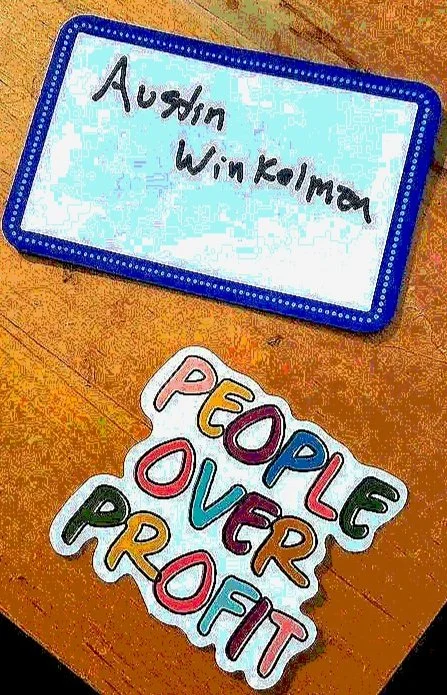Search is now available for the website, it is getting massive.
Use this if you are looking for specific topics titles or use keywords like:
Climate, Democracy, Education

Reforming the Rules of the U.S. House of Representatives
These reforms would dismantle the entrenched “gatekeeping” power of party leadership and return the House to what it was meant to be: a representative body where all Members—regardless of party—can legislate, debate, and vote on behalf of the people.

Public Internet Broadcasting Service (PIBS)
Corporate platforms are driven by algorithms that prioritize profit over truth, flooding screens with “AI slop” and misinformation. PIBS would restore public control over educational and cultural content, ensuring every American—especially children—has access to quality programming rooted in knowledge, not manipulation.

The Contract with the American People
The Constitution was designed to diffuse power—not concentrate it. Yet over time, factionalism, partisanship, and corporate dominance have warped the system into one that serves the few at the expense of the many. The Contract with the American People reaffirms that the Constitution is a living document—a contract between the people and their government—and demands its modernization to restore balance, accountability, and freedom
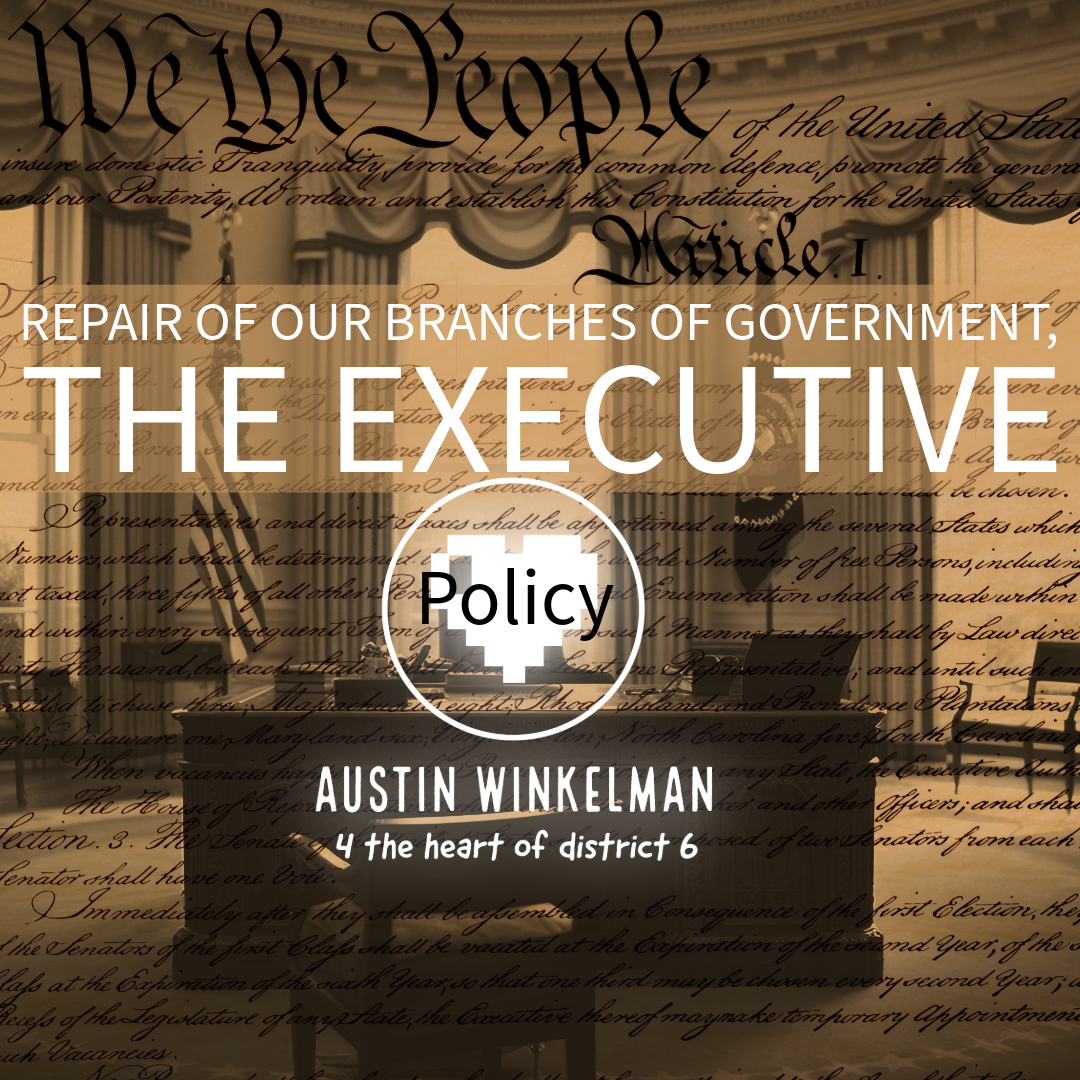
Repairing the Executive Branch
Place the President Under the Law:
Pass a constitutional amendment explicitly stating the president is not above the law.
Lower the threshold for impeachment so partisanship cannot shield wrongdoing.
Reform Old Laws & Presidential Authority:
Review and repeal outdated statutes like the Alien Enemies Act that allow abuse.
Restore authority to Congress to prevent executive overreach under vague “national security” claims.
Eliminate Corruption in the Executive:
Redefine corruption standards to be among the strictest in the world.
Ban presidents and all federal officials from owning stocks or cryptocurrency to prevent manipulation and favoritism.
International Accountability:
Join the International Criminal Court to hold American leaders accountable for crimes against humanity and war crimes.
End Unauthorized Military Power:
Revoke outdated Authorizations for Use of Military Force (AUMFs).
Prohibit unilateral strikes and drone warfare that cause civilian casualties.
Develop specialized urban combat units for precision counterterrorism instead of indiscriminate missile use.
Restore Balance:
Reinforce Congress’s responsibility for lawmaking and war powers.
Strip away arbitrary executive powers that undermine democracy.

Repairing the Supreme Court
Expand the Court:
Increase the number of justices from 9 to 13—matching the number of circuit courts.
Distribute workloads more effectively and reduce the concentration of influence in too few hands.
Make it harder for billionaires and special interests to buy influence.
Redefine Bribery & Enforce Criminal Penalties:
Restore strict definitions of bribery that the Court itself has eroded.
Make bribery of justices a criminal offense with real consequences, not just small fines.
Judicial Review Reform:
Codify judicial review explicitly in the Constitution to end the legacy of the 1803 “power grab.”
Establish a clear, transparent process for deciding constitutional cases—ending opaque practices like the shadow docket.
Limit Elite Capture of Justice:
Ensure ordinary Americans—not just the wealthy—have meaningful access to the highest court.
Break the cycle where money and privilege dominate outcomes.
Acknowledge Law as Power:
Recognize, as Critical Legal Studies has argued, that law is often a tool of the powerful to maintain inequality.
Reclaim law as a tool for the people, not for entrenched elites.
Why It Matters
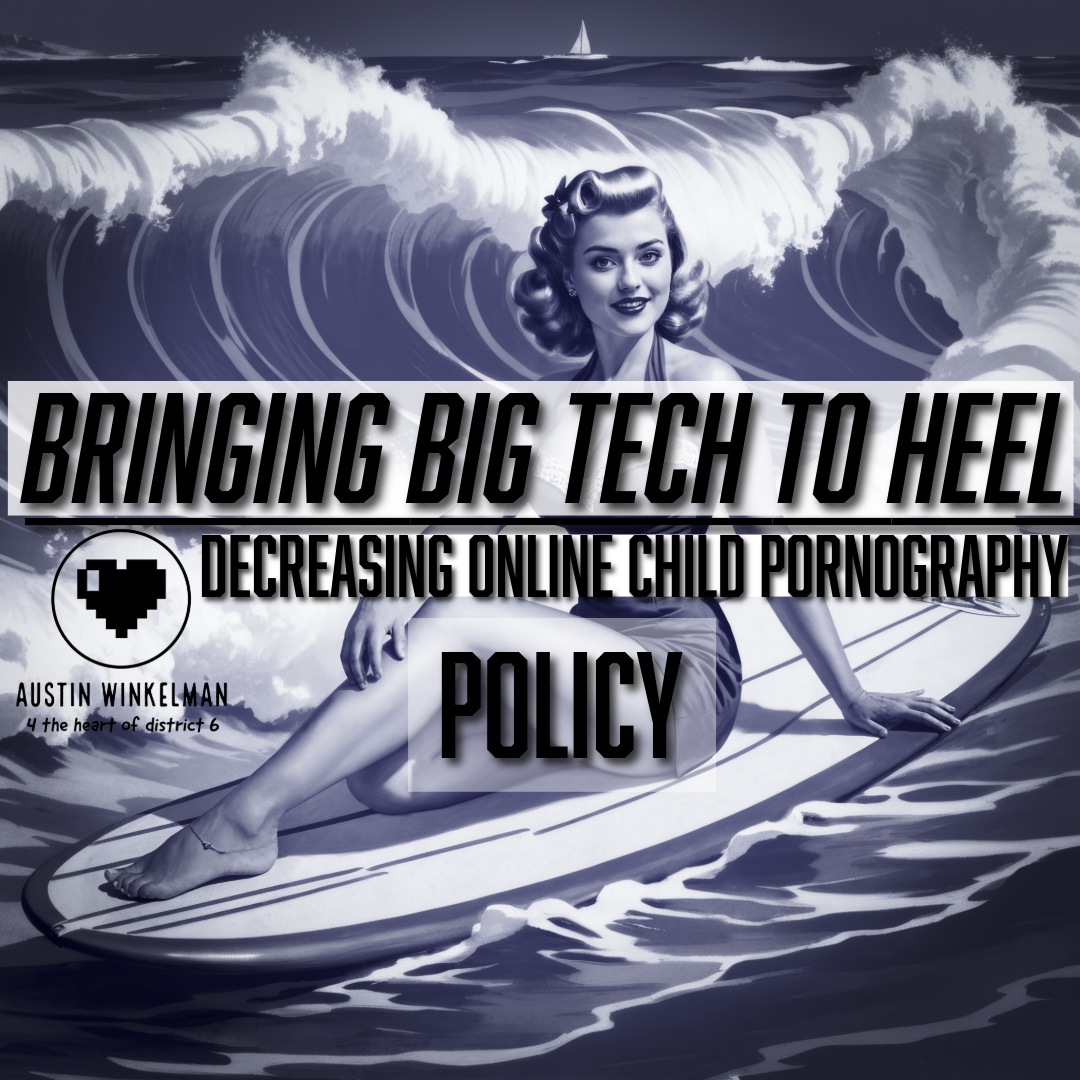
Decreasing Online Child Pornography
Age Verification at the Source:
Require NSFW content creators to verify age through credit card, ID, or biometrics before uploading.
Platforms hosting NSFW material must enforce these rules, ensuring predators cannot exploit anonymity.
Protect Free Speech While Targeting Abuse:
Avoid broad restrictions on viewing adult content.
Use precise, targeted measures against illegal exploitation while preserving the right to access legal NSFW material.
Hold Big Tech Accountable:
Amend Section 230 to ensure that online platforms are legally liable for hosting already-illegal activity like child pornography.
Technology corporations must follow the same laws as individuals and face prosecution if they enable exploitation.
Expose Profit-Driven Negligence:
Big tech often avoids meaningful enforcement because it cuts into profits.
Strong laws must ensure corporations prioritize child protection over profit margins.
Guard Against Overreach:
Recognize the risk that tech companies may use ID verification as a pretext to strip anonymity and expand surveillance for profit.
Balance child protection with constitutional rights and privacy safeguards.
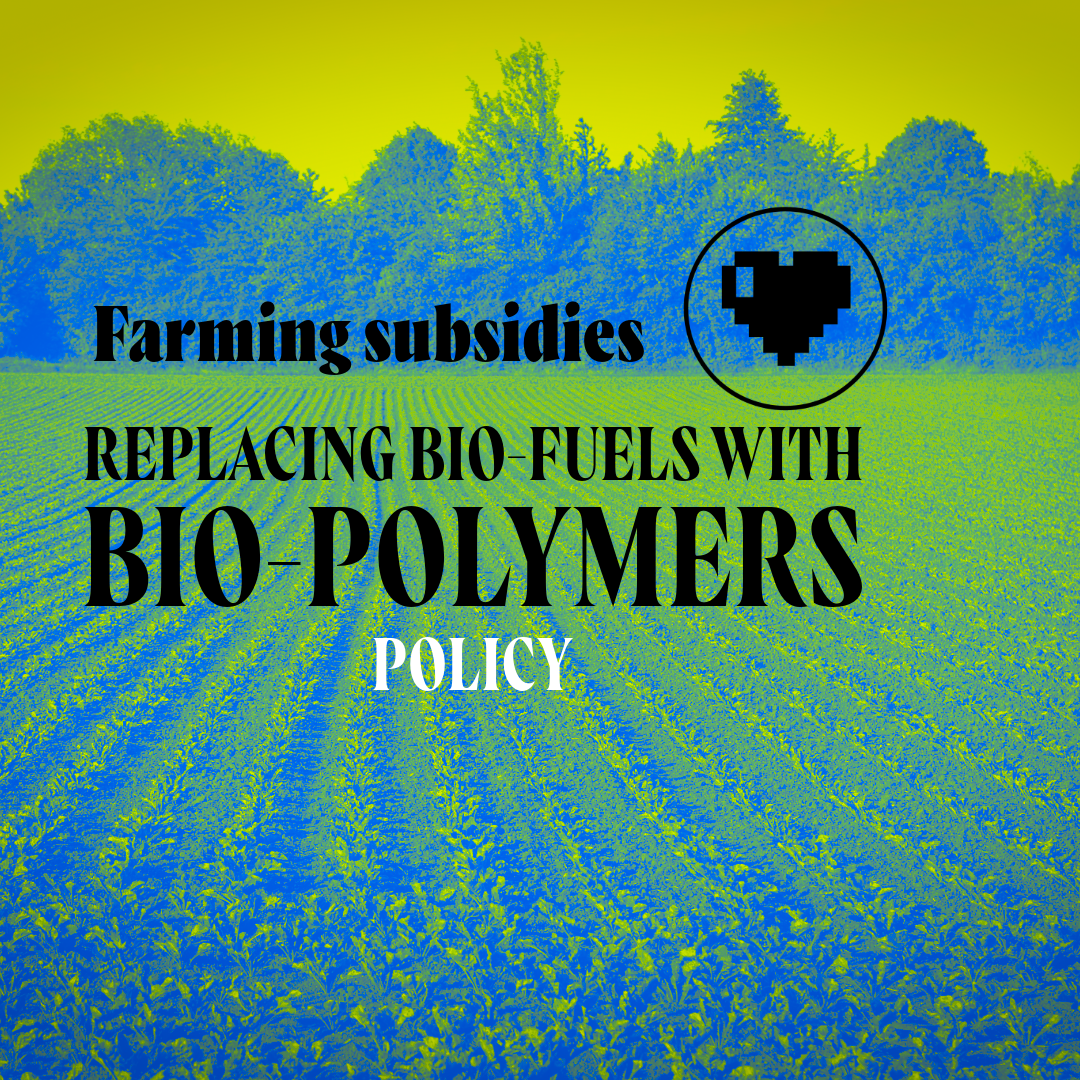
From Biofuels to Biopolymers: A Smarter Future for Farming
Replace Biofuel Subsidies:
Transition subsidies from biofuel production to bioplastic and biopolymer production.
Ensure farmers relying on biofuel programs continue to thrive with new, future-proof markets.
Economic Opportunity:
Position America as the world’s leading producer of bioplastics.
Expand U.S. manufacturing jobs by creating a homegrown supply of sustainable materials.
Environmental Benefits:
Reduce greenhouse gas emissions by moving away from combustion-based fuels.
Support clean energy expansion, high-speed rail, and electric vehicles as part of a green economy.
Long-Term Farmer Prosperity:
Protect farmers from declining profitability as electric vehicles replace internal combustion engines.
Guarantee that American farmers not only survive this transition but prosper in the new economy.
Biofuels are a temporary patch. Bioplastics and biopolymers are a sustainable future. By shifting subsidies now, we can safeguard farmers’ incomes, strengthen America’s global leadership, and build an economy rooted in innovation and sustainability.
It’s time to trade combustion for creation—supporting farmers and building the green industries of tomorrow.
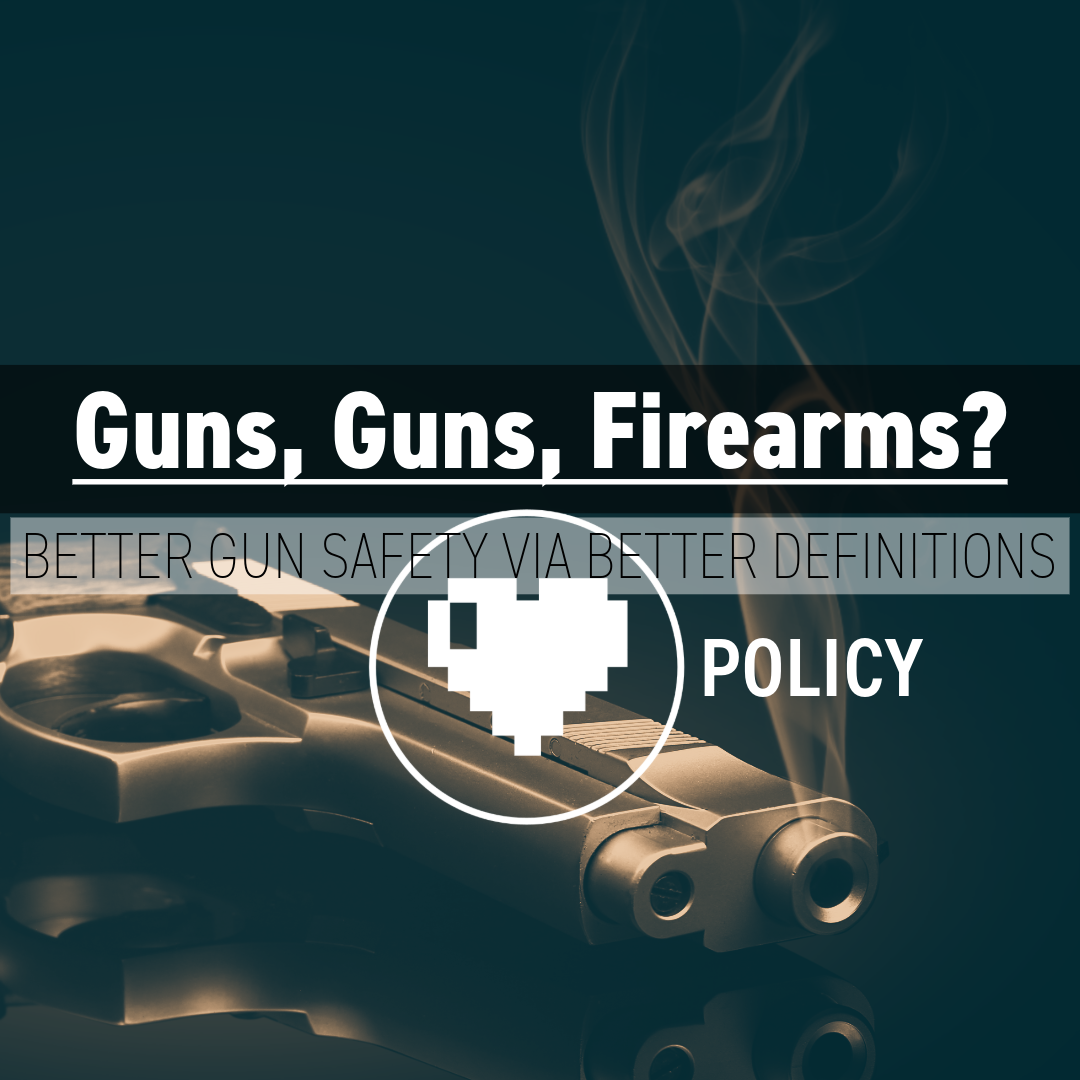
Better Gun Safety via Better Definitions
Functional Firearm Definitions:
Expand and clarify classifications to match real-world functionality.
Example: A compact handgun capable of emptying a magazine in seconds should be classified as a submachine gun.
Removes loopholes that allow dangerous weapons to bypass regulation.
Tiered Training & Storage Requirements:
Handguns, hunting rifles, shotguns: Basic safety training + safe storage.
Semi-automatic weapons: Safe storage + basic safety + advanced training.
Fully automatic weapons: Restricted to military, ex-military, and law enforcement.
Safe Storage & Support:
Federal support for gun safes, locks, and secure storage, reducing the burden on lower-income gun owners.
Encourages compliance by making safety affordable.
Slowing Access, Preventing Violence:
Lengthened processes for purchases allow better vetting and reduce “crimes of passion.”
Maintains due process protections while ensuring checks for instability or red flags.
National Security Consideration:
Widespread gun ownership is a deterrent to foreign threats.
Balancing safety and rights strengthens America’s security without resorting to bans.
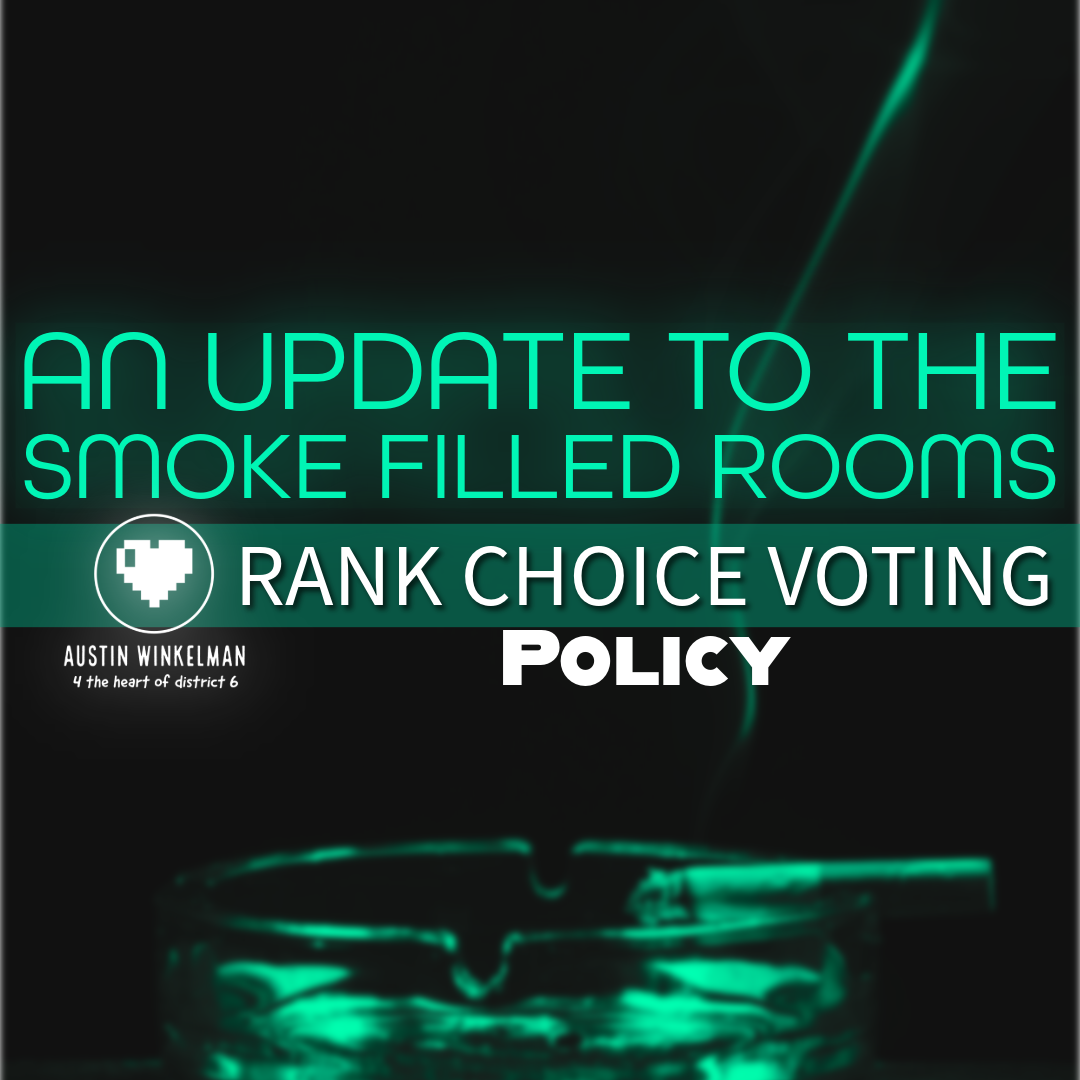
Ending the Smoke-Filled Rooms: Adopting Ranked Choice Voting
Ranked Choice Voting for Endorsements & Primaries:
Implement ranked choice voting (RCV) within party primaries, endorsements, and internal elections.
Forces parties to adapt to the 21st century by opening up the process to more candidates and ideas.
Builds voter enthusiasm and turnout by ensuring candidates can transfer support between bases.
Break Party Elitism:
End the cliquish, exclusionary culture of endorsements decided in “smoke-filled rooms.”
Democrats especially must return to being a true big-tent party—open to farmers, labor, and rural voters once again.
Encourage Competition & New Leadership:
Without reforms, parties will remain stagnant, recycling the same ideas and politicians.
RCV ensures that the candidates with the broadest support rise to the top, not just those with insider backing.
Protect Democracy Against Entrenchment:
Career politicians should not treat Congress as a lifetime appointment.
Open primaries and endorsements to as many participants as possible, fostering a healthier democracy.
Hybrid System Potential:
Combining ranked choice with first-past-the-post voting can help maintain clarity while improving fairness.
Encourages unusual and interesting results that strengthen parties with new energy and ideas.
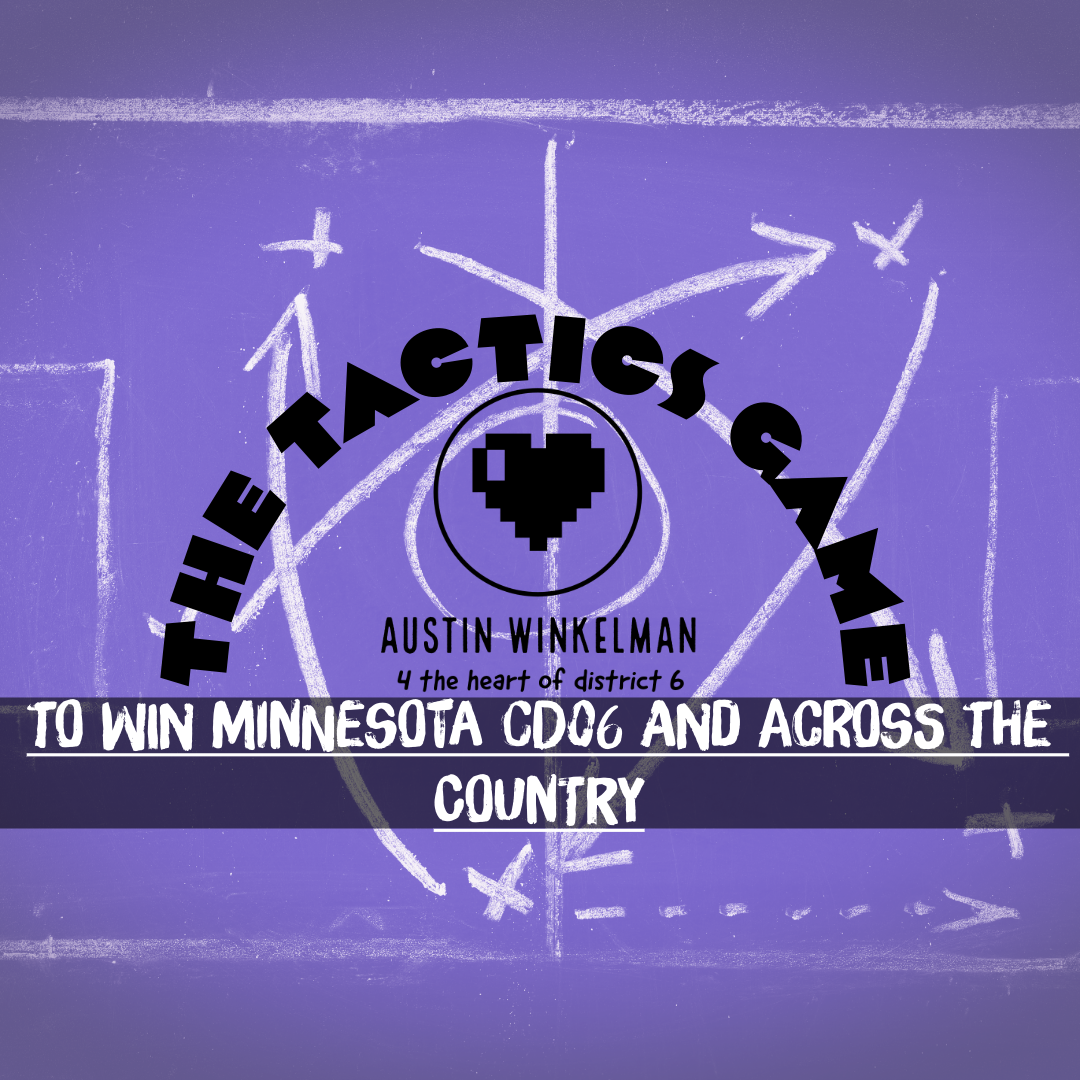
Tactics to Win Minnesota CD06 and Beyond
Candidate Characteristics:
Independent-minded, libertarian-leaning progressives who fight for both freedom and social programs.
Support constitutional rights like free speech and gun ownership, while rejecting corporate elitism and means testing.
Grounded in the struggles of everyday people—workers, farmers, and families—not the agendas of corporations or academia.
Reject Party Elitism:
The Democratic Party is not living up to its “big tent” promise. Cliquishness, corporate ties, and inconsistency have alienated voters.
Mimicking Republicans doesn’t win votes—it exposes Democrats as two-faced. Real victories require bold, independent solutions.
Real Progressive Agenda:
Push for strong social programs and modernized safety nets.
Offer legitimate pathways to citizenship for migrants.
Address gun issues without bans, respecting constitutional rights.
Shun big business in favor of farmers, workers, and unions—the true Democratic base.
Strategic Coalition:
Democrats should embrace progressive independents as allies.
Independent candidates can go where Democrats fear—rural America—and win credibility.
Together, this coalition can build the two-thirds congressional majorities needed to stop authoritarianism and enact a people-first agenda.
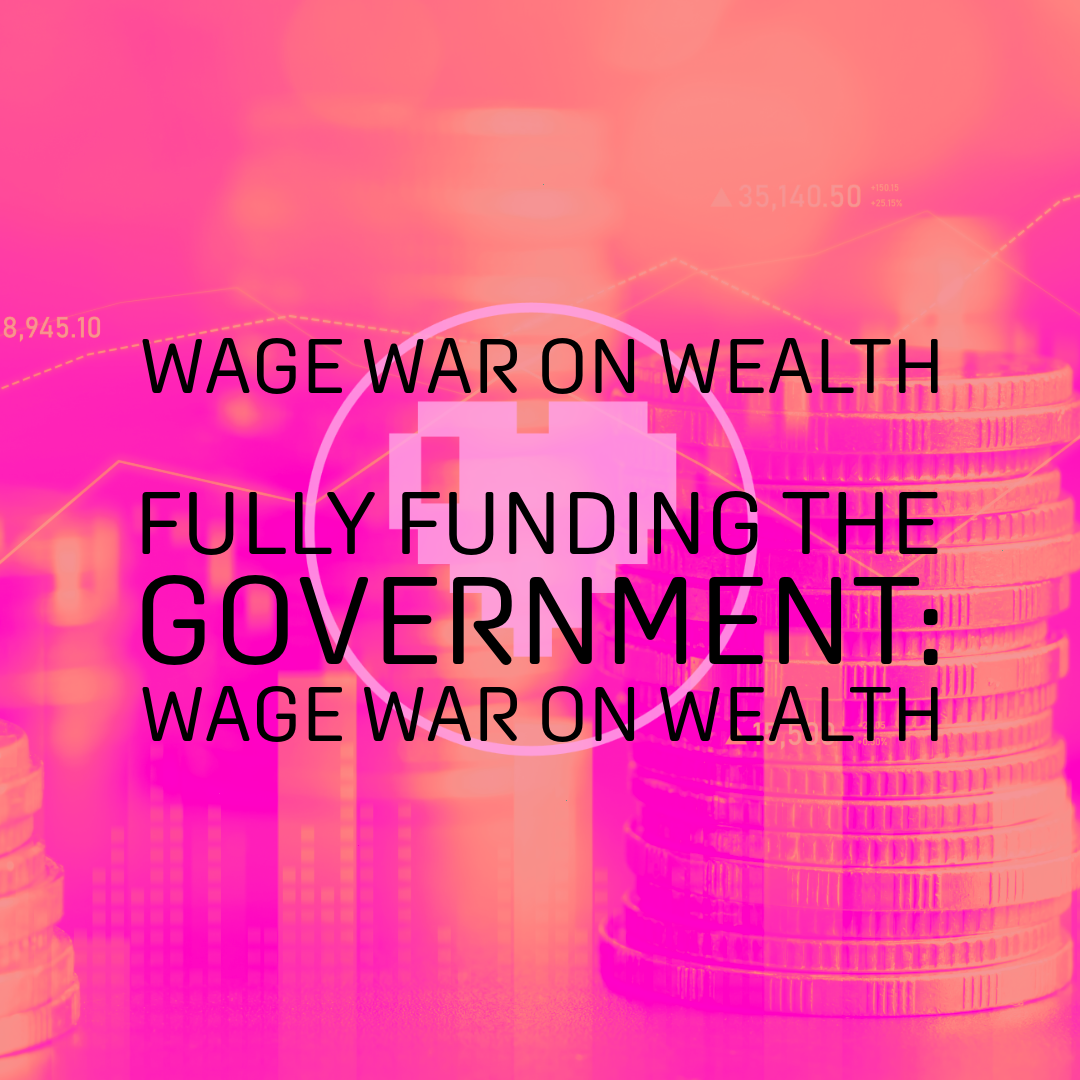
Fully Funding the Government: Wage War on Wealth
Raise Taxes on the Ultra-Wealthy:
90% top marginal tax rate on income above $10 million.
Close loopholes and tax unrecognized capital gains.
Corporate Accountability:
Institute a global minimum corporate tax of 15%.
Ban stock buybacks and predatory market manipulation.
End Wealth Hoarding:
America’s billionaires hoard more wealth than the GDP of entire countries.
Wealth sitting idle in “dragon hoards” must be put back into circulation for the public good.
Reinvest in Public Services:
Fully fund and staff every federal agency—from education and health to NOAA and scientific research.
Restore essential services, from accurate weather data to public health, by ensuring government has the resources to function effectively.
Global Enforcement:
Use America’s financial power to pressure tax havens and capture hidden wealth.
Apply the same tactics used against Russian oligarchs to billionaires who flee taxation.
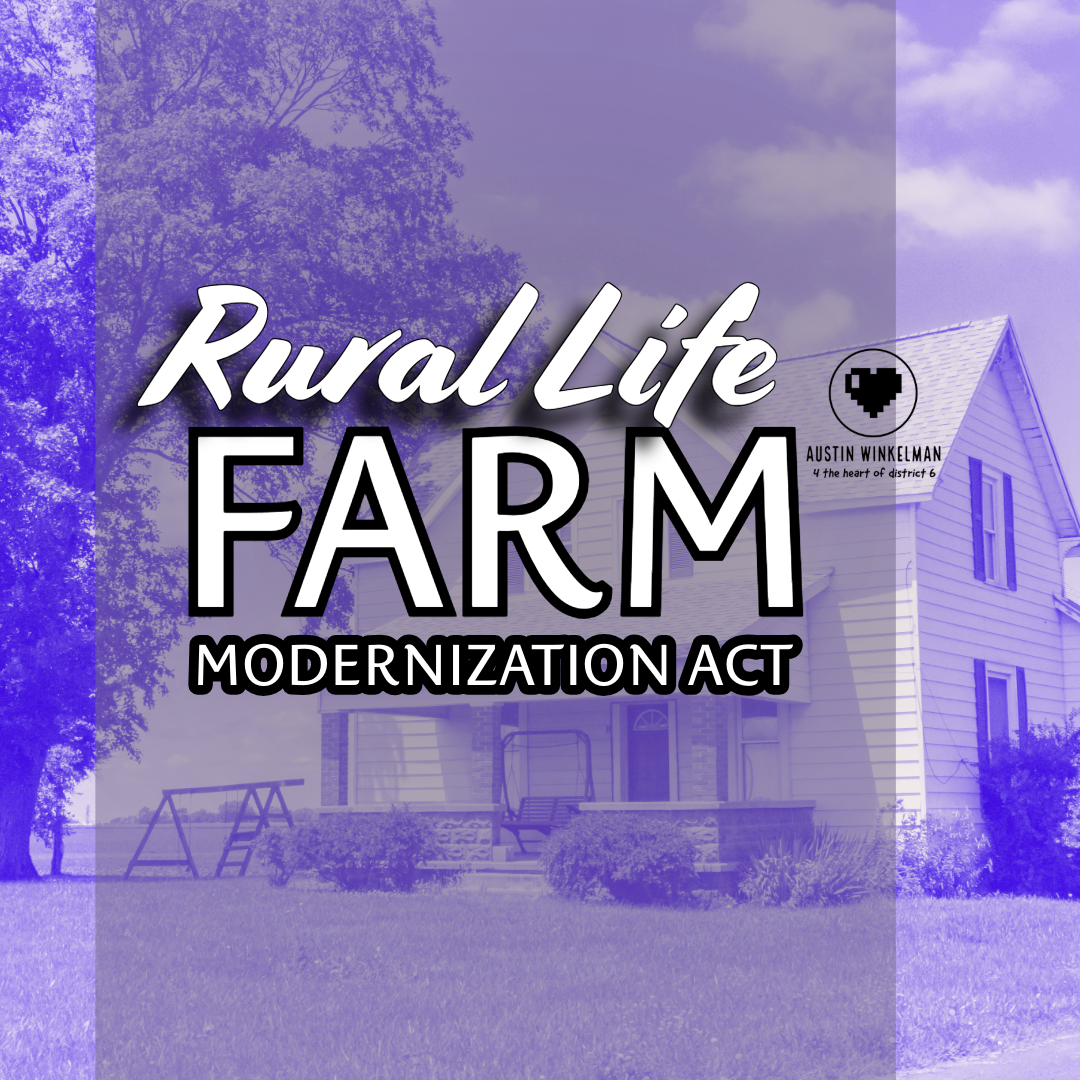
Farm Modernization Act
Farm Modernization Board (FMB):
Oversees programs, funding, and compliance.
Includes farmers (small, medium, large), experts in sustainability, and public interest representatives.
Develops free AI tools to help farmers modernize and adapt.
Direct Funding for Upgrades:
Support for renewable energy projects (solar, biogas, other renewables).
Expansion of underground and climate-resilient farming.
Upgrades to irrigation, water conservation, and carbon/methane capture systems.
Modernized power infrastructure to improve productivity and resilience.
Regulation and Support:
Farmers facing new regulations can access grants scaled by farm size to offset compliance costs.
Technical assistance, including AI tools, provided to ensure smooth transitions.
Environmental & Worker Safety:
Mandatory environmental impact checks on all modernization projects.
Strong protections for worker safety and health.
Transparency and Accountability:
Annual reports to Congress on program effectiveness.
Independent audits to prevent fraud, with results made public.
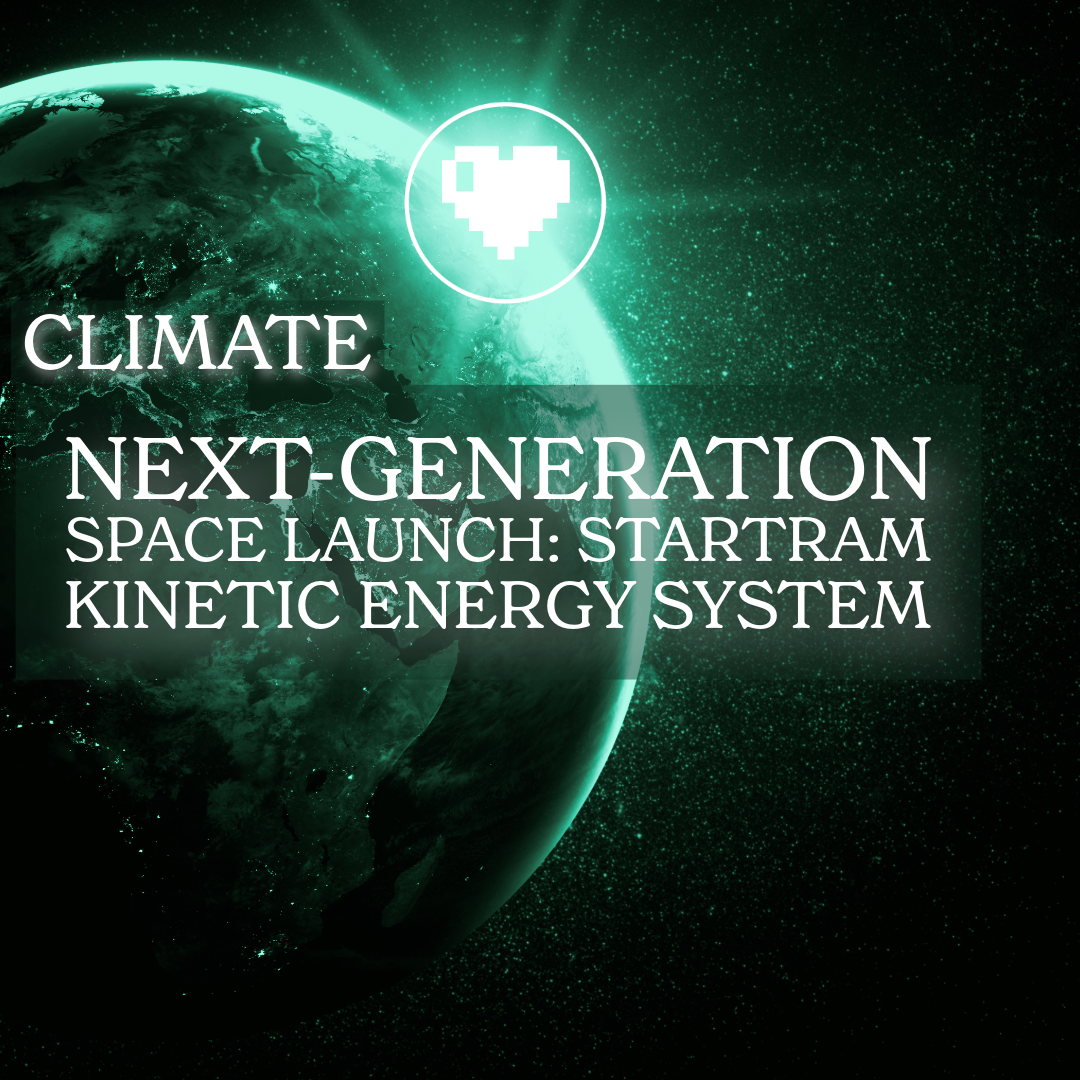
Next-Generation Space Launch: StarTram Kinetic Energy System
Sustainability First:
Powered by renewable energy sources like geothermal, solar, and wind.
Minimizes carbon emissions and environmental damage compared to rockets.
Affordable & Scalable:
Cuts launch costs dramatically by eliminating chemical propellants.
Enables frequent, high-throughput launches for science, cargo, and exploration.
Safety & Reliability:
Controlled magnetic acceleration reduces risks of rocket explosions.
High predictability makes launches safer and more efficient.
Scientific Advancement:
Facilitates lunar bases and Mars colonization with cheaper transport of materials.
Provides consistent, low-cost access for research satellites and telescopes.
Energy Integration:
Cooling systems doubled as power generators through waste-heat recovery.
Self-sustaining energy loops ensure resilience in remote or extraterrestrial environments.
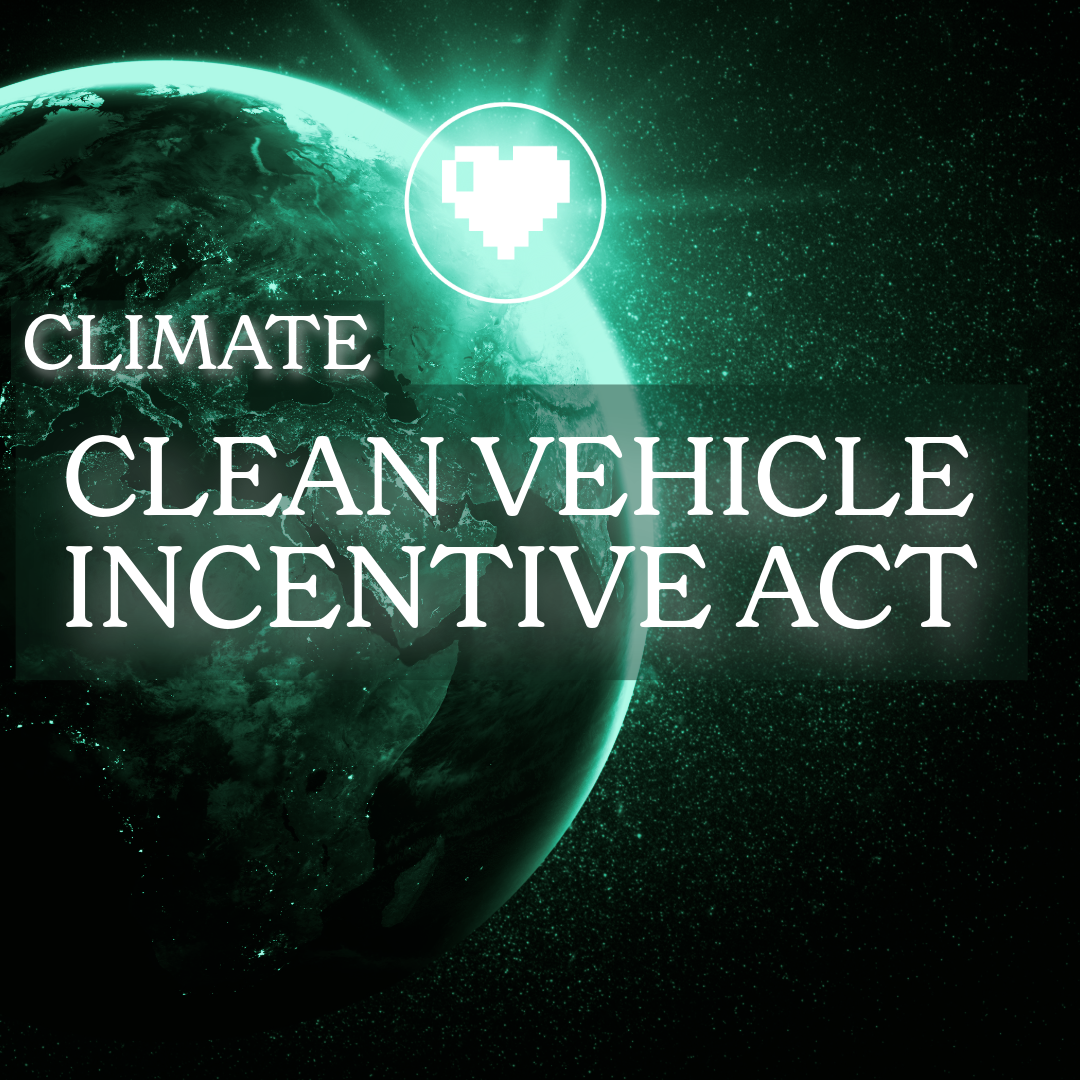
Clean Vehicle Incentive Act
Reward Clean Innovation:
$1,000 manufacturer tax credit for each new electric vehicle, hybrid with 20+ mile electric range, or small-engine car (≤4.4L, 4-cylinder).
Ensures cleaner cars are not just built but widely available.
Hold Heavy Vehicles Accountable:
Surcharge on vehicles over 6,000 lbs that fail fuel economy thresholds, ranging from $1,000 to $7,700.
Creates real market pressure for manufacturers to clean up trucks and SUVs.
Stronger Oversight:
EPA certifies which vehicles qualify, verifying electric-drive capabilities, hybrid ranges, and engine specifications.
Prevents abuse of credits and ensures compliance.
Fair and Modernized Standards:
Eliminates outdated excise taxes.
Establishes clear thresholds: vehicles achieving 28 MPG or more are exempt from surcharges.
Effective for vehicles manufactured and sold after June 30, 2025.
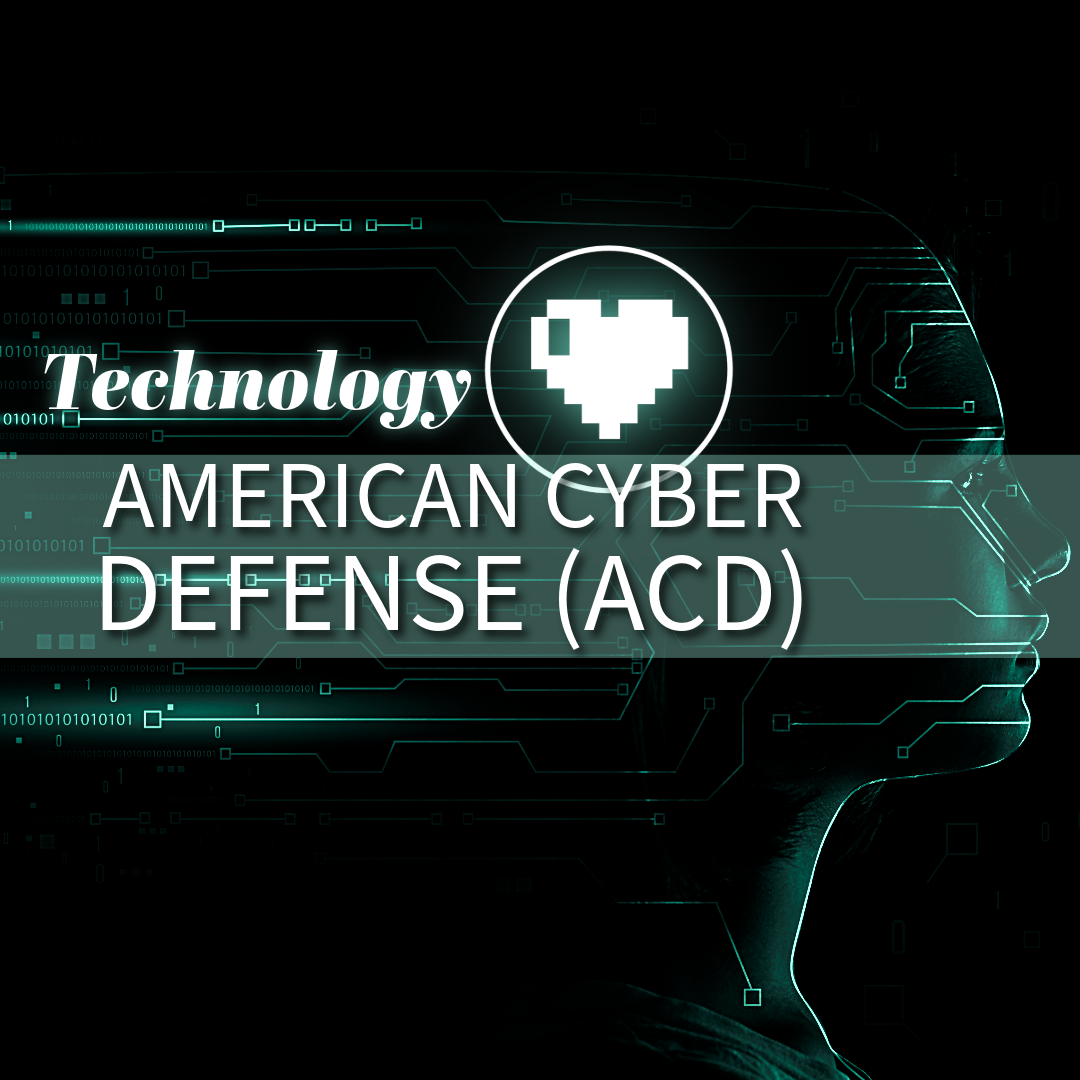
American Cyber Defense (ACD)
Dedicated Cyber Defense Force:
ACD will specialize in investigating, defending against, and carrying out cyber operations.
Relieves the FBI to focus on physical-world crime.
Recruit the Experts—Hackers:
Hire skilled hackers instead of criminalizing them.
White hats, gray hats, and even reformed black hats can strengthen U.S. defenses.
Use their expertise to expose vulnerabilities before enemies exploit them.
Comprehensive Mission:
Protect individuals from scams, theft, and fraud.
Defend critical infrastructure against hostile state-sponsored attacks.
Conduct offensive cyber operations when necessary to protect U.S. interests.
Everyday Security for Citizens: Just as local police patrol neighborhoods, ACD would patrol cyberspace, providing Americans with the protection they deserve in the digital world.
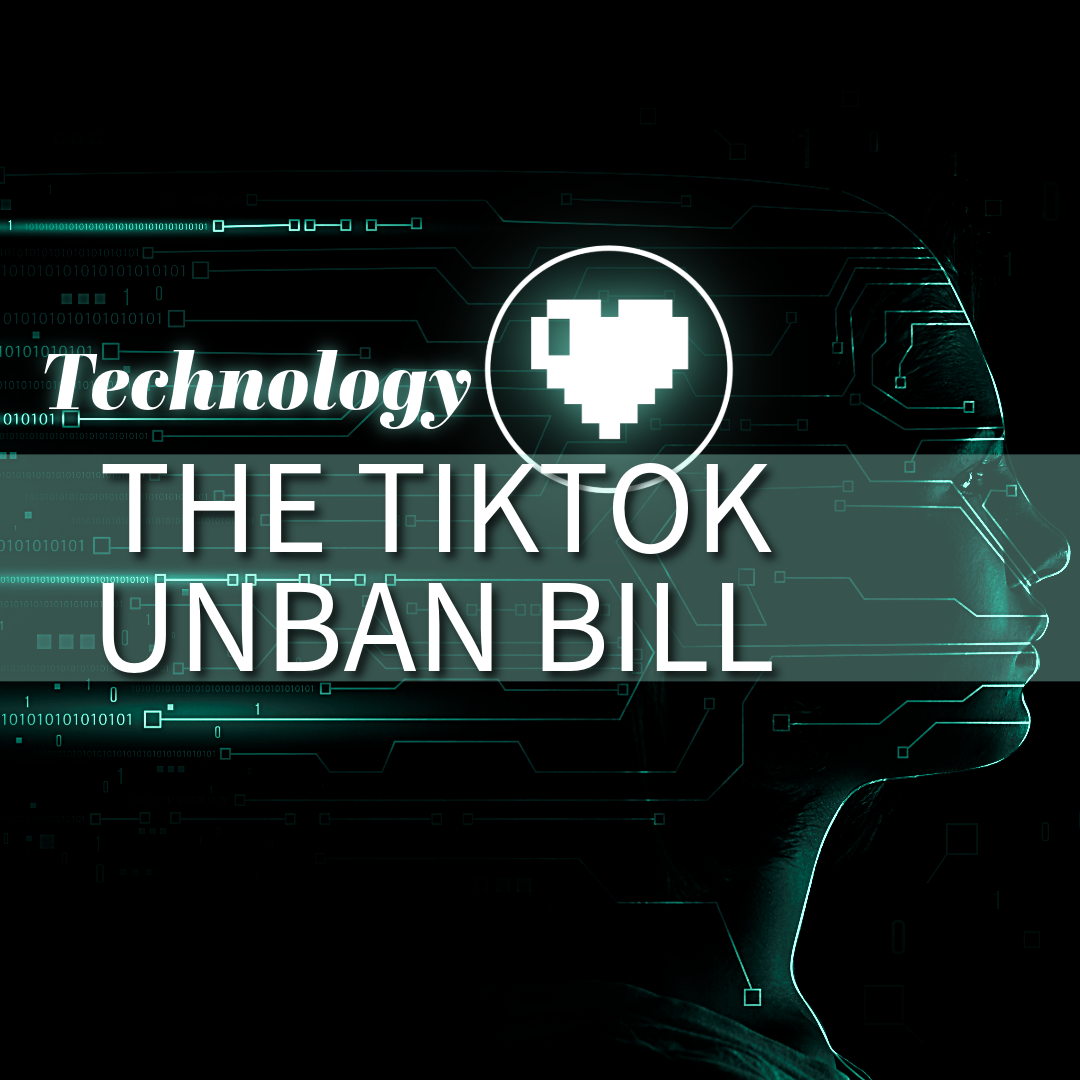
The TikTok Unban Bill
Repeal the TikTok Ban: End H.R. 7521 and allow TikTok to operate freely in the U.S. without forced divestiture.
Protect Free Speech & Fair Markets: Stop government overreach that deplatforms millions of Americans and undermines competition.
Create the Department of Algorithm (DOA):
Review and report on algorithmic bias across platforms.
Address biases like stereotyping, gender, negativity dominance, and confirmation bias.
Strengthen Digital Privacy:
Ban the sale of personal data without explicit user consent.
Ensure individuals receive a share of proceeds if they authorize their data to be sold.
Protect Children Online: Ban social media accounts for children under 12, with fines for companies that fail to comply.
Establish Clear Rules for Banning Platforms:
Only Congress can initiate a ban, with majority approval.
All bans subject to judicial review and presidential action.
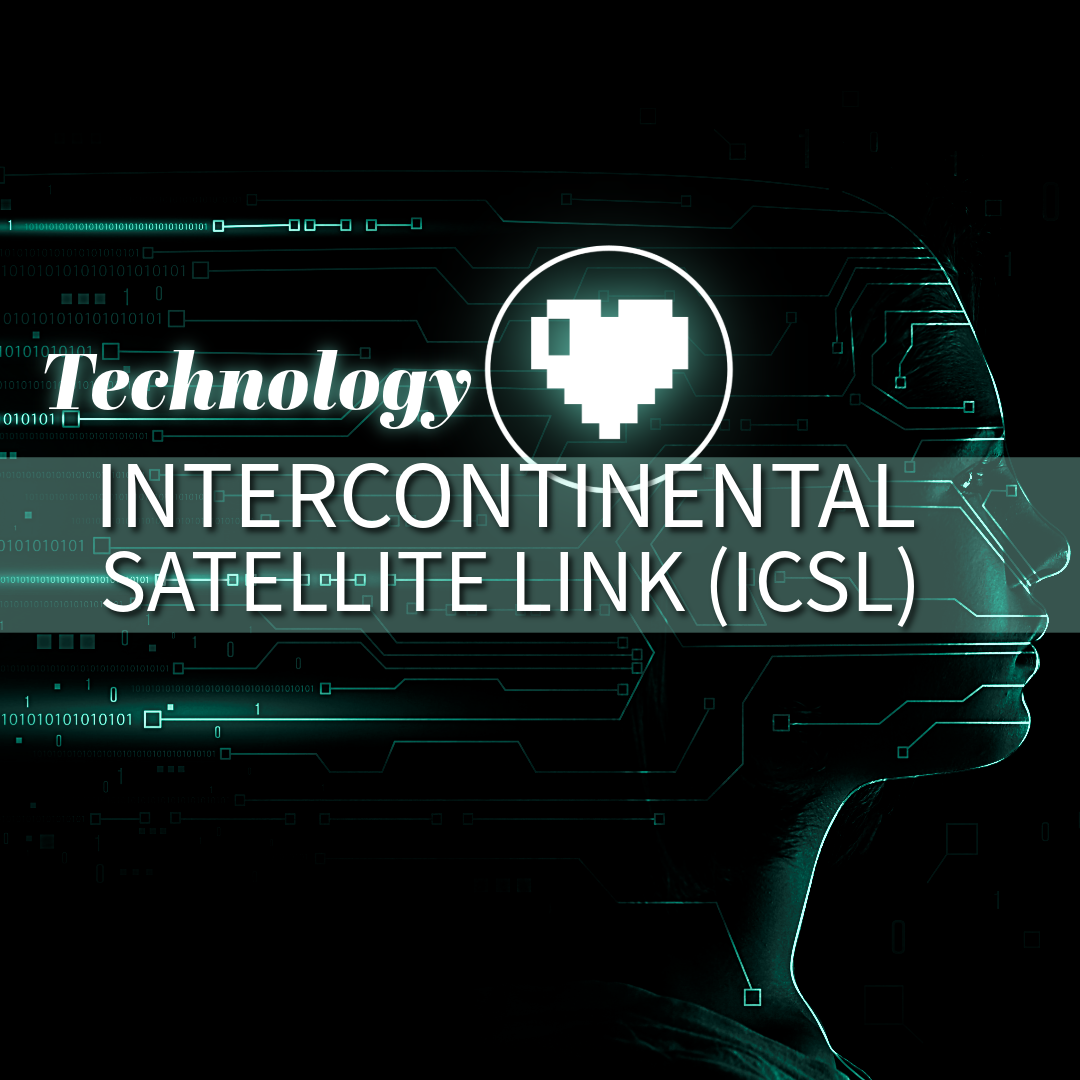
InterContinental Satellite Link (ICSL)
Global Satellite Network:
Build a 360° orbital satellite system to support scientific research, detect near-Earth objects, and provide affordable or free internet access worldwide.
Equip satellites with outward-facing cameras to improve space observation and early-warning detection of potential extinction-level threats.
Universal Access to Internet:
Free internet access for developing nations.
Low-cost internet access for developed nations.
Expand undersea cabling to improve redundancy, speed, and global reliability.
International Management:
The United Nations will organize, staff, and maintain the program, ensuring equal access and preventing corporate or national ownership.
Member states contribute based on their strengths:
Spacefaring nations launch and monitor satellites.
Manufacturing nations build the systems.
Coastal nations lay undersea cables.
Others contribute financially.
Independent from Corporate Control:
Private industry may play a supporting role but will not own or lease the infrastructure.
Initial infrastructure (such as Starlink satellites) may be sold to the U.N., but ownership must remain international.
Self-Sustaining Model: Proceeds will fund system upkeep and redundancy, ensuring long-term independence and reliability.
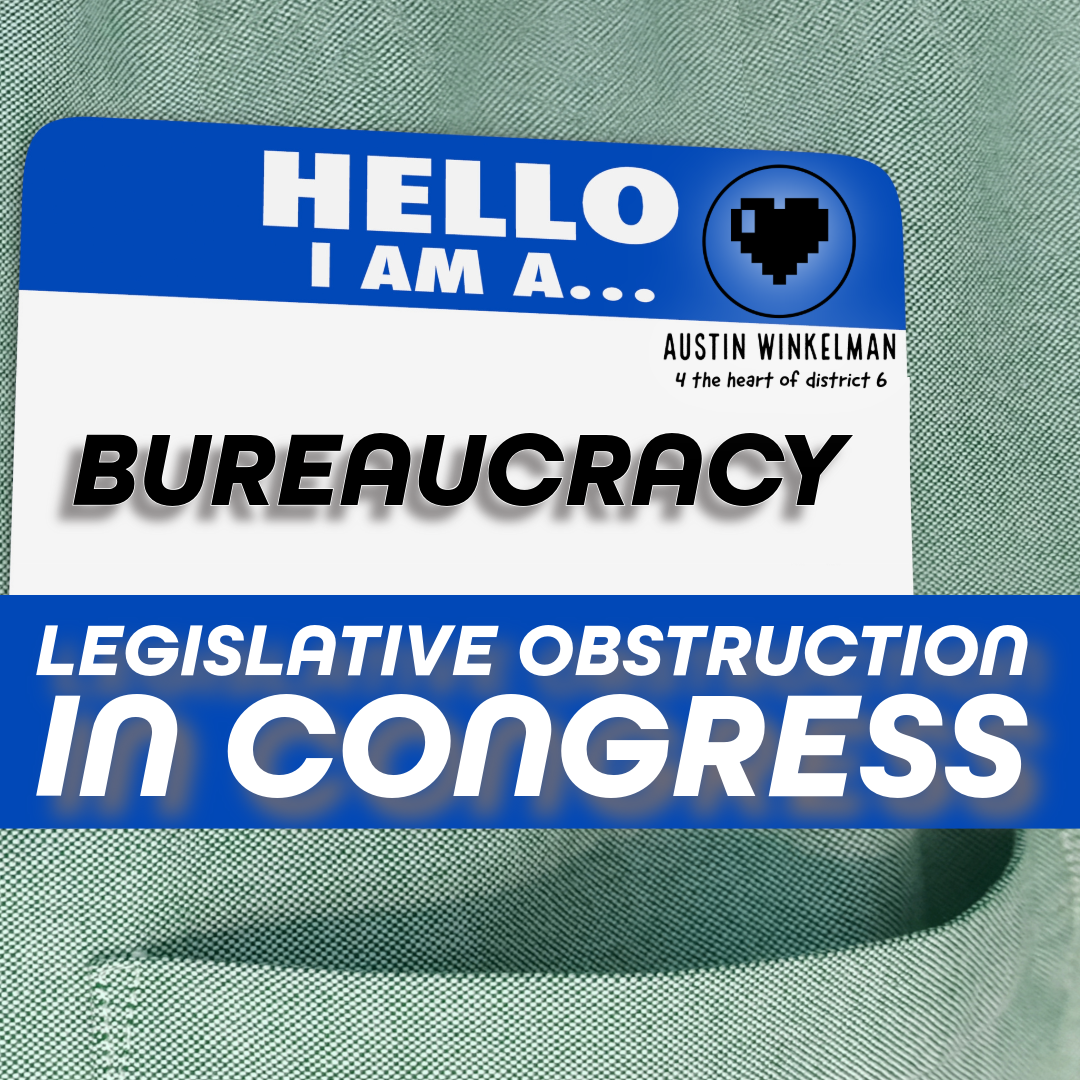
Legislative Obstruction in Congress
Procedural Maneuvers:
Motion to Recommit: Sends a bill back to committee at the last minute to force changes or stall progress.
Recorded Votes: Demanding roll call votes on even minor motions to consume time.
Filibuster by Amendment: Offering endless amendments to drag out debate.
Points of Order: Repeatedly challenging rules to force rulings and delays.
Motion to Adjourn: Forcing votes to repeatedly end the session.
Forcing Full Readings: Demanding clerks read entire bills, wasting hours or days.
Committee & Consent Tactics:
Obstructing Unanimous Consent: Blocking routine actions to force debate.
Boycotting Committee Meetings: Denying quorum to prevent business.
Delaying Conference Committees: Slowing negotiations between House and Senate versions.
Senate-Specific Tools:
Filibuster: Blocking bills that lack 60 votes.
Unanimous Consent Holds: Halting legislation or nominations.
Blue Slip Process: Letting home-state senators stall judicial nominees.
Budget Reconciliation Manipulation: Slowing fiscal legislation with procedural objections.
Legal & Investigative Tactics:
Reviving outdated laws to challenge federal power (e.g., abortion bans).
Using the War Powers Resolution to force debate on military actions.
Deploying the Congressional Review Act to delay regulation rollbacks.
Launching oversight investigations to bog down executive action.
State attorneys general filing lawsuits to stall federal policies.
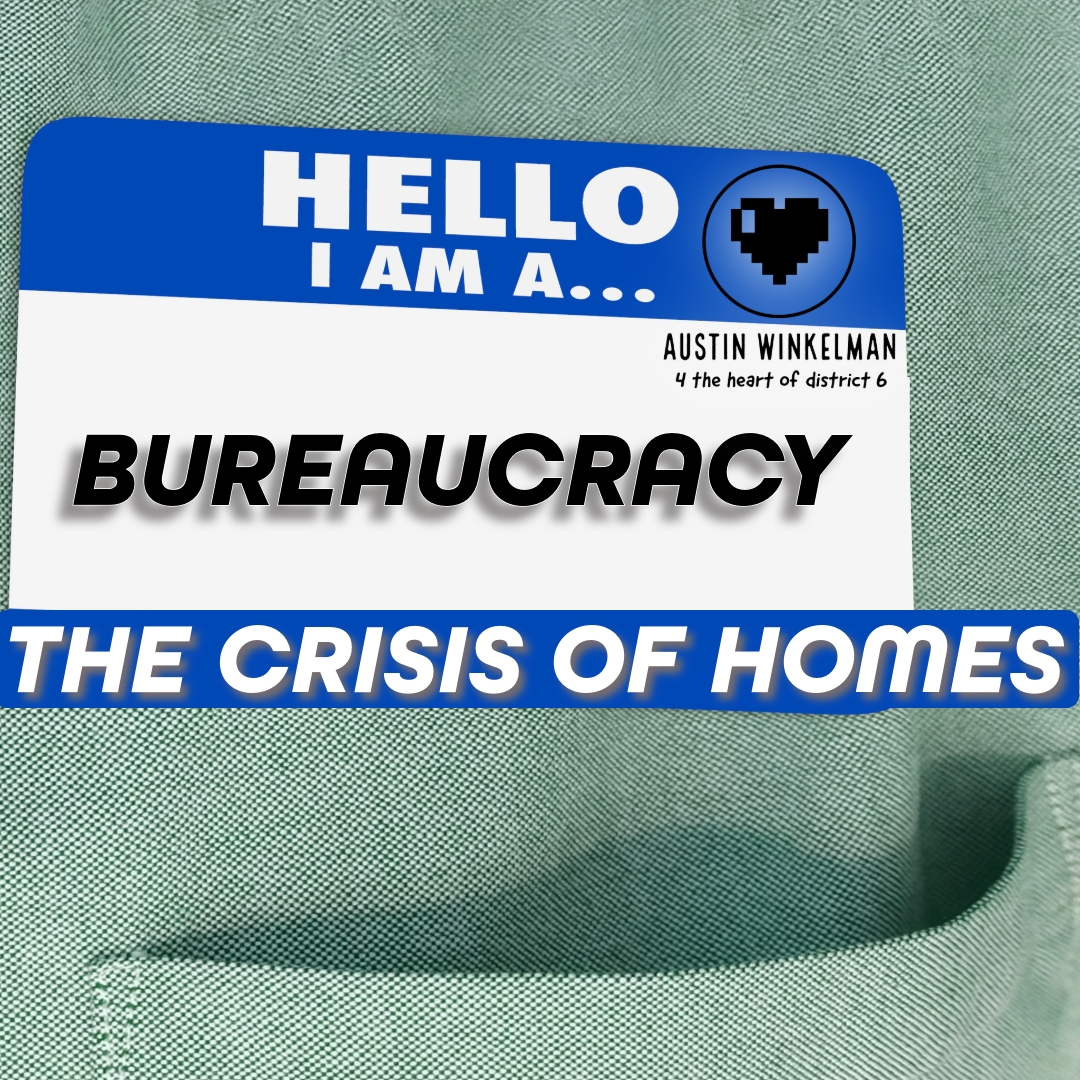
The Crisis of Homesh
Respect and Protect Seniors: Elderly Americans deserve to remain in their homes with dignity and care. We must expand housing supply without displacing them.
Rapid Housing Development with New Technology:
Deploy 3D-printed homes as a fast, affordable, and disaster-resistant alternative to traditional housing.
Build entire communities in days rather than months, reducing costs and recovery needs after disasters.
Use locally sourced materials to keep costs down and strengthen resilience.
Fix Zoning and Red Tape:
Push states and municipalities to allow flexible use of existing housing stock (e.g., convert large homes into multifamily units).
Modernize zoning rules nationally to enable rapid rollout of new housing solutions.
Stop Corporate Landlord Exploitation:
Break the grip of private equity and corporate landlords who profit from scarcity.
Use regulation to curb predatory rent hikes and national standards to protect tenants.
By expanding supply, reduce the profitability of speculative property ownership.
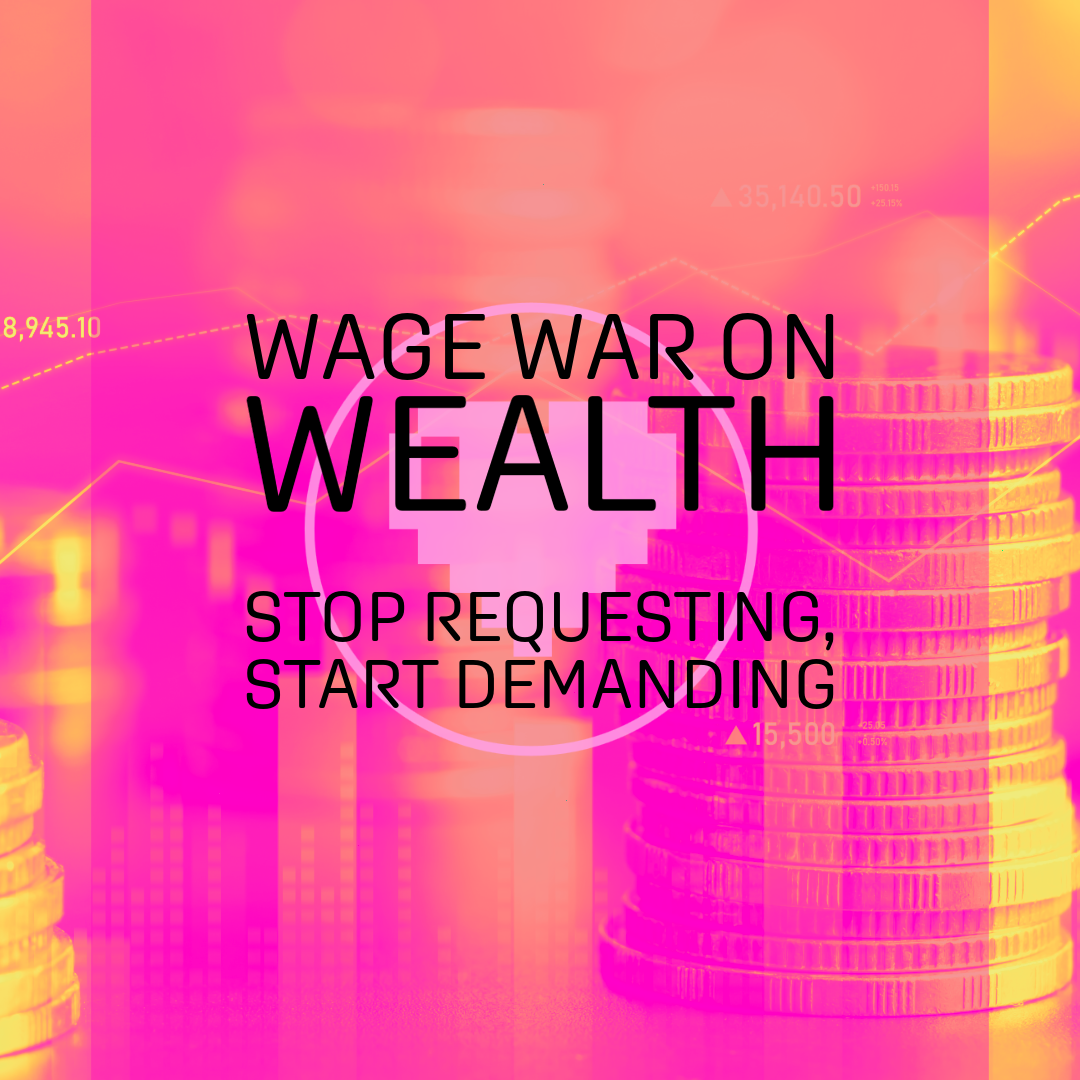
Wage War on Wealth: Stop Requesting, Start Demanding
Raise Taxes on the Wealthiest:
Restore post–World War II tax rates: 90% on income above $10 million.
Tax capital gains at ordinary income rates.
Eliminate harmful import tariffs that inflate consumer prices.
Generate $25 Trillion Over 30 Years:
Use these funds to pay down the national debt and strengthen America’s position as a global superpower.
Reinvest in society with Medicare for All, universal education, expanded childcare, and national parental leave laws.
Reject Voodoo Economics: Decades of tax breaks for the rich and corporate subsidies have failed. They made billionaires richer and left the American people poorer and in debt.
Tax Justice: The question is simple—do we place the burden on the struggling working class, or on the billionaires with yachts, mansions, and endless luxury? The answer must be the wealthy.
Pitch in
Your donation goes directly to essentials like printing literature, digital outreach, and community events. Even small amounts make a huge difference.
This campaign isn’t about me, it’s about us. It’s about proving that working people can take on wealthy interests and win. With your support, we can bring fresh ideas, accountability, and real representation to Congress.
Join in by donating Via our Website
or
Act blue
Just do $1.00





